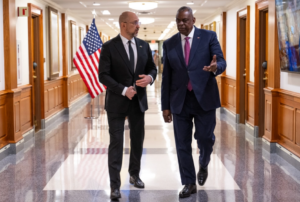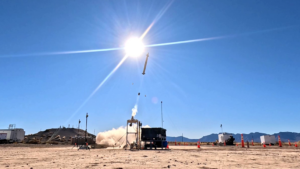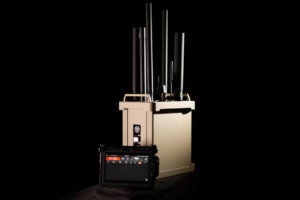
After G-7 leaders affirmed long-term support for Ukraine in a recent joint declaration, Defense Secretary Lloyd Austin said Tuesday he expects there will be more international partners establishing bilateral agreements to ensure Kyiv has “the capability to defend themselves in the future and to deter aggression in the future.” “We can expect that countries will execute bilateral agreements with Ukraine going forward. And, certainly, we will as well. And that’s a work in progress,” Austin said during a press briefing…

 By
By 











